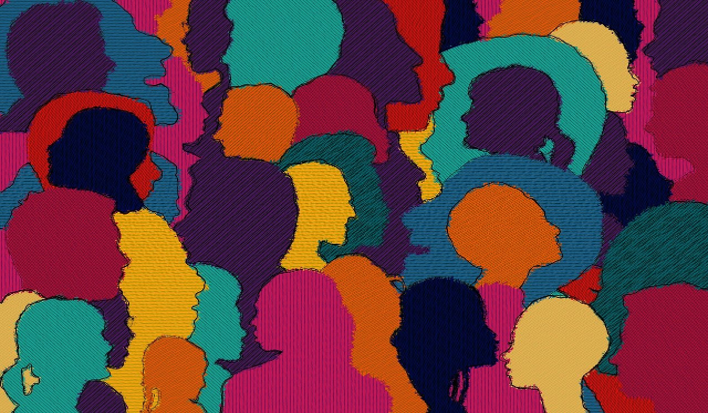In recent years, diversity, equity, and inclusion (DEI) initiatives became a cornerstone of corporate culture, promising more inclusive workplaces and a fairer society. However, a growing trend has emerged: companies are disbanding their DEI units, citing financial constraints, shifting priorities, or a lack of tangible outcomes. This development raises serious questions about the future of workplace inclusion and its impact on organisational culture.
Among the notable examples is Disney, which eliminated its DEI unit earlier this year amid company-wide cost-cutting measures. Similarly, Netflix scaled back its DEI initiatives, reportedly due to restructuring. These moves come at a time when economic uncertainty is prompting companies to tighten budgets, often targeting programs perceived as non-essential. The pandemic-induced economic slowdown and fears of a global recession have exacerbated this trend, with companies viewing DEI as expendable in their quest for profitability and survival.
The consequences of such closures could be far-reaching. DEI initiatives are more than symbolic—they are strategic tools that help companies’ foster innovation, improve employee satisfaction, and connect with diverse markets. Disbanding these units sends a troubling signal, potentially undoing years of progress in workplace inclusivity. Employees from underrepresented groups may feel unsupported, and companies may struggle to address biases or create equitable growth opportunities. Moreover, in the absence of a dedicated DEI framework, companies risk eroding trust among employees, customers, and investors who increasingly demand socially responsible practices.
The reasons behind this shift extend beyond economics. In some cases, there is disillusionment with the perceived effectiveness of DEI programs. Critics argue that despite significant investment, DEI efforts often fail to deliver measurable outcomes, such as increased representation in leadership or meaningful cultural change. Others point to the politicisation of DEI, particularly in the United States, where it has become a polarising issue, leading some organisations to retreat from their commitments to avoid controversy.
Another factor is the evolution of how DEI is integrated into organisations. Many companies are moving away from standalone DEI departments, opting to embed these principles across all functions instead. While this approach may seem logical, it often leads to diluted accountability and reduced focus, as no single entity is tasked with driving progress.
Despite these challenges, the future of DEI is not without hope. As businesses navigate this complex landscape, they must recognise that DEI is not merely a moral imperative but a business advantage. Studies consistently show that diverse teams are more innovative and perform better financially. Companies that genuinely integrate DEI into their DNA, rather than treating it as a compliance checkbox, will likely lead the way.
For DEI to evolve, organisations must prioritise measurable outcomes and transparent reporting. Leadership buy-in is critical, with CEOs and senior executives taking personal responsibility for fostering inclusivity. Technology and AI-driven tools can also play a significant role in identifying biases and tracking progress, offering new ways to tackle age-old challenges.
Ultimately, the dismantling of DEI units signals a crossroads for corporate culture. Companies that view DEI as expendable risk alienating stakeholders and falling behind in a world that is growing more diverse and interconnected. Those that persist, adapt, and innovate their approach to inclusion will shape the future, proving that equitable workplaces are not a luxury but a necessity.
The views and opinions published here belong to the author and do not necessarily reflect the views and opinions of the publisher.



Be the first to comment on "The Shifting Landscape of DEI: A Crisis in Progress?"